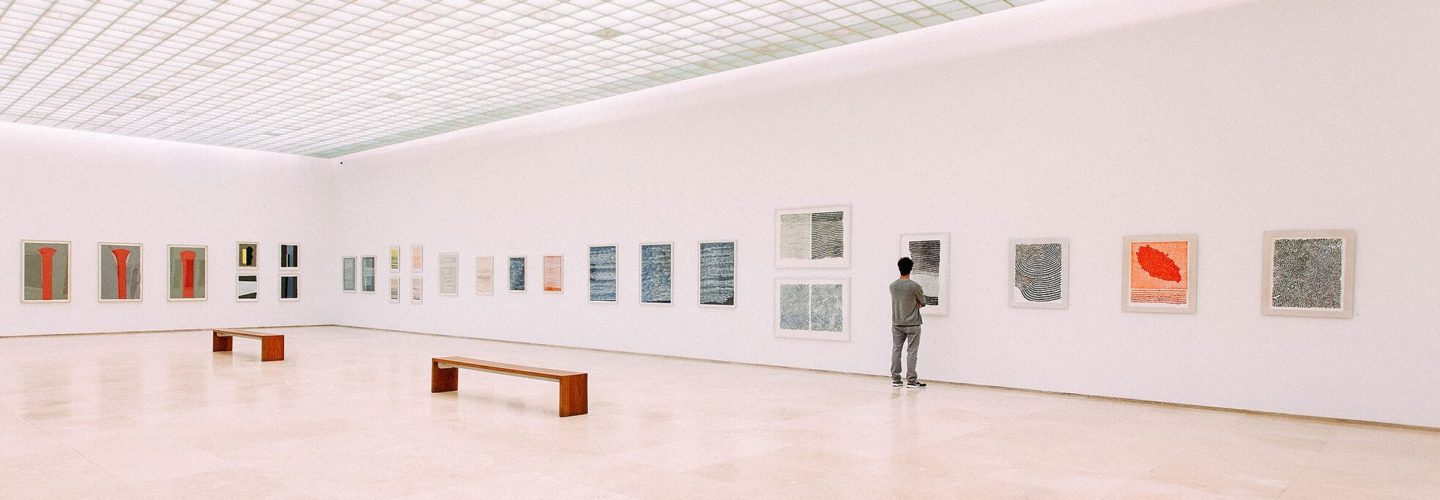
EU4Culture
EU4Culture is an EU-funded program that targets the cultural and creative sector in the Eastern Partnership Countries (Armenia, Azerbaijan, Georgia, Moldova, and Ukraine). The purpose of the program is to support the development of culture as an engine for growth and social development across regions. There is a particular focus on non-capital cities and towns.
The overall goal is to strengthen the role of the cultural and creative industries in selected cities in each partnership county through the development and implementation of Cultural Development Strategies based on a participatory approach and a public-private dialogue.
The idea behind the program comes from EU’s own experience with the European Capitals of Culture (ECOC) initiative, that celebrates the rich diversity of cultures in Europe and the common features they share. Since 1985, the initiative has focused on smaller cities and towns in the European Union and sought to promote cultural exchange, as well as improve culture as a resource for inclusion, civic participation, and intercultural dialogue.
EU4Culture is a program created in a collaboration between the Goethe-Institute as lead partner, Danish Cultural Institute, Czech Centers, and the Institut Français in Georgia. The program began on January 1, 2021, and ends on December 31, 2024, with a total budget of €7.85 million.
In the spring of 2021 EU4Culture launched its first call for proposals for ‘Support to non-capital cities and towns of the Eastern Partnership Region in Preparation of Cultural Development Strategies’. The first step in the process was to select five non-capital cities or towns in every partnership country, who will later compete further for financial support to develop their own Cultural Development Strategy.
Danish Cultural Institute’s role in the project
The role of the Danish Cultural Institute is to provide capacity building support to the selected cities in each partnership country. This will take place in two areas:
- DCI will centrally recruit and train two local cultural experts in internationalization per. country. Two trainings will take place in each city. The first training will focus on how cultural actors can internationalize the region, which is relevant to the city’s Cultural Development Strategy. The second training will focus on practical tools and approaches for international contacts and programs; for fundraising and support, network building, and exchange of experiences.
- DCI will provide trainings and counseling for cultural enterprise and management in selected cities in each country. This will be done through bootcamps, where small and medium-sized enterprises in the cultural and creative industries can improve their skills and capacity.
Objectives
The program will:
- Enhance local cultural heritage, culture, and creative industries as resources for socio-economic development, inclusion and citizen participation.
- Favour intercultural dialogue for peaceful inter-community relations and knowledge sharing.
- Contribute to improve local governance in the culture sector through support for regulatory processes and participative policy dialogue.
Actions (in brief)
The project will:
- Support the development and implementation of local Cultural Development Strategies: up to three non-capital cities and towns in each partner country will receive €30,000 to develop a Cultural Development Strategy; one of those three will then receive up to €300,000 to implement its Strategy
- Launch a grant scheme for cultural projects and cross-innovation projects, to complement Cultural Development Strategies
- Launch a mobility scheme for artists and cultural professionals
- Provide capacity building support to selected towns in the fields of Internationalisation, Cultural Enterprise and Management, and Cultural Indicators and Statistics